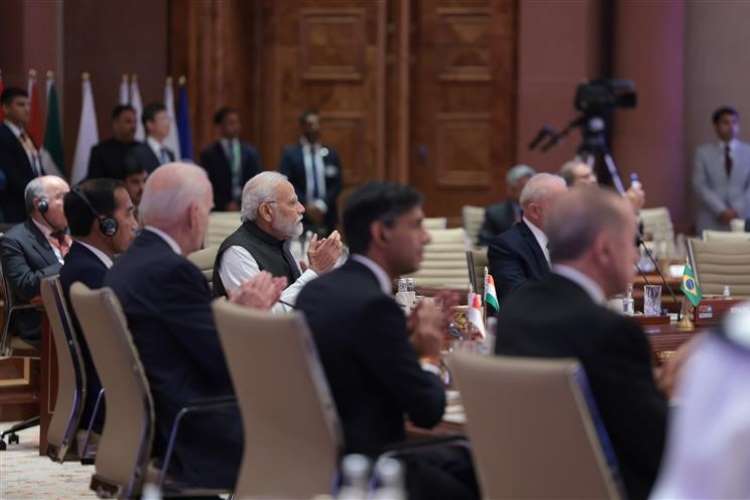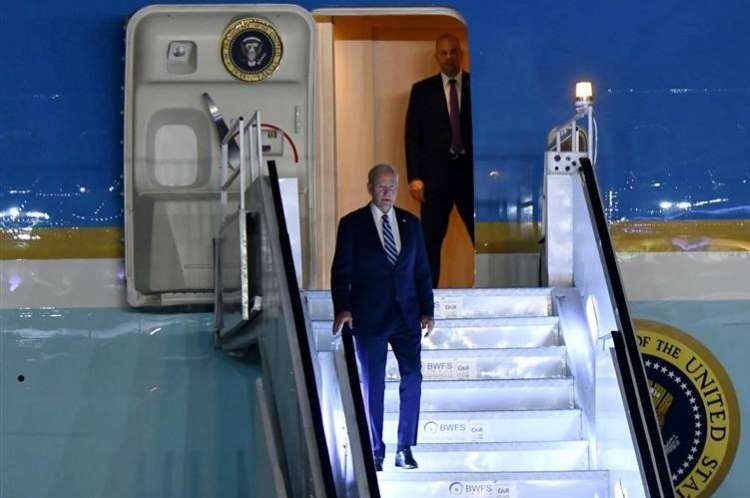
The annual summit meeting of G20 continues to attract questions about its purpose and effectiveness. Despite its inability to produce concrete solutions to pressing global issues, the G20 remains significant for several reasons. The G20 is a diverse group of countries, selected based on their economic power, rather than shared ideologies or experiences. This diversity is a weakness as it hampers agreement on substantive actions. Moreover, the lack of a permanent secretariat and the summit-centric approach contribute to the G20’s ineffectiveness as they hinder follow-through on commitments.
Leaders of G20 countries often use the summit to promote their nations and domestic agenda. For instance, Prime Minister Narendra Modi used this year’s summit to position India as the voice of the Global South. This underscores the G20’s challenges in addressing global crises.
One issue hampering the G20’s effectiveness is its inability to address security matters, especially when it involves a member country. Indian negotiators had to struggle hard to get the member nations accept the final declaration without condemning Russia’s Ukraine invasion. Chinese President Xi Jinping’s decision to stay away from the summit further strained the alliance and exposed the G20’s vulnerability to political rivalries among members.
READ I G20 summit places climate change, sustainable development on centrestage
G20 emerges as an important platform
Despite its shortcomings, the G20 remains important. It provides a platform for leaders of major economies to engage in dialogue and potentially find common ground. In the past, the G20 has achieved some successes, such as stabilising the global economy during the 2008 financial crisis, signing the Paris Agreement on climate change, and supporting tax reforms. However, these accomplishments often lack effective follow-through.

Critics say that the G20’s composition and changing international dynamics have hindered its effectiveness. Nevertheless, many experts believe that modernising international institutions like the G20 is essential. Reforming the G20 by including a core group of economic powerhouses alongside rotating smaller nations could enhance its relevance and effectiveness in addressing today’s global challenges. Ultimately, while the G20 may struggle to provide concrete solutions, its role as a forum for dialogue and cooperation remains important in the evolving global landscape.
G20 Summit: Important takeaways
The G-20 New Delhi Declaration has evoked a wide range of reactions due to its unprecedented unanimity. While it saved host India from embarrassment and maintained the perception of multilateral effectiveness, it had its limitations. Here are the key takeaways from the event.
Prime Minister Narendra Modi is the biggest winner of the whole exercise as India managed a unanimously agreed communique on the first day of the summit. This solidified his position as a world leader, with image of him leading dignitaries to Mahatma Gandhi’s memorial contributing to his global image. But his biggest victory is in boosting his image domestically ahead of the next year’s general elections where he will fight 10 years of anti-incumbency.
The summit saw great power rivalry at play. Xi Jinping’s absence from the summit was a setback, but India asserted leadership in the Global South and the US took the opportunity to build closer ties with developing economies. The US signed a plan for a network of railways and sea routes with India, Middle Eastern countries, and the European Union. This led to significant political convergence between President Biden, Prime Minister Modi, and Saudi Crown Prince Mohammed bin Salman, enhancing regional infrastructure and cooperation.
The admission of the African Union as a permanent member in the G-20 (now G-21) elevates the 55-member group’s status to that of the European Union. This move strengthens the African body’s voice on international issues, particularly related to debt relief and climate change mitigation. The New Delhi Summit was a significant moment for India and prime minister Modi, with the country now expected to deliver on its aspirations for political and economic leadership on the global stage.
